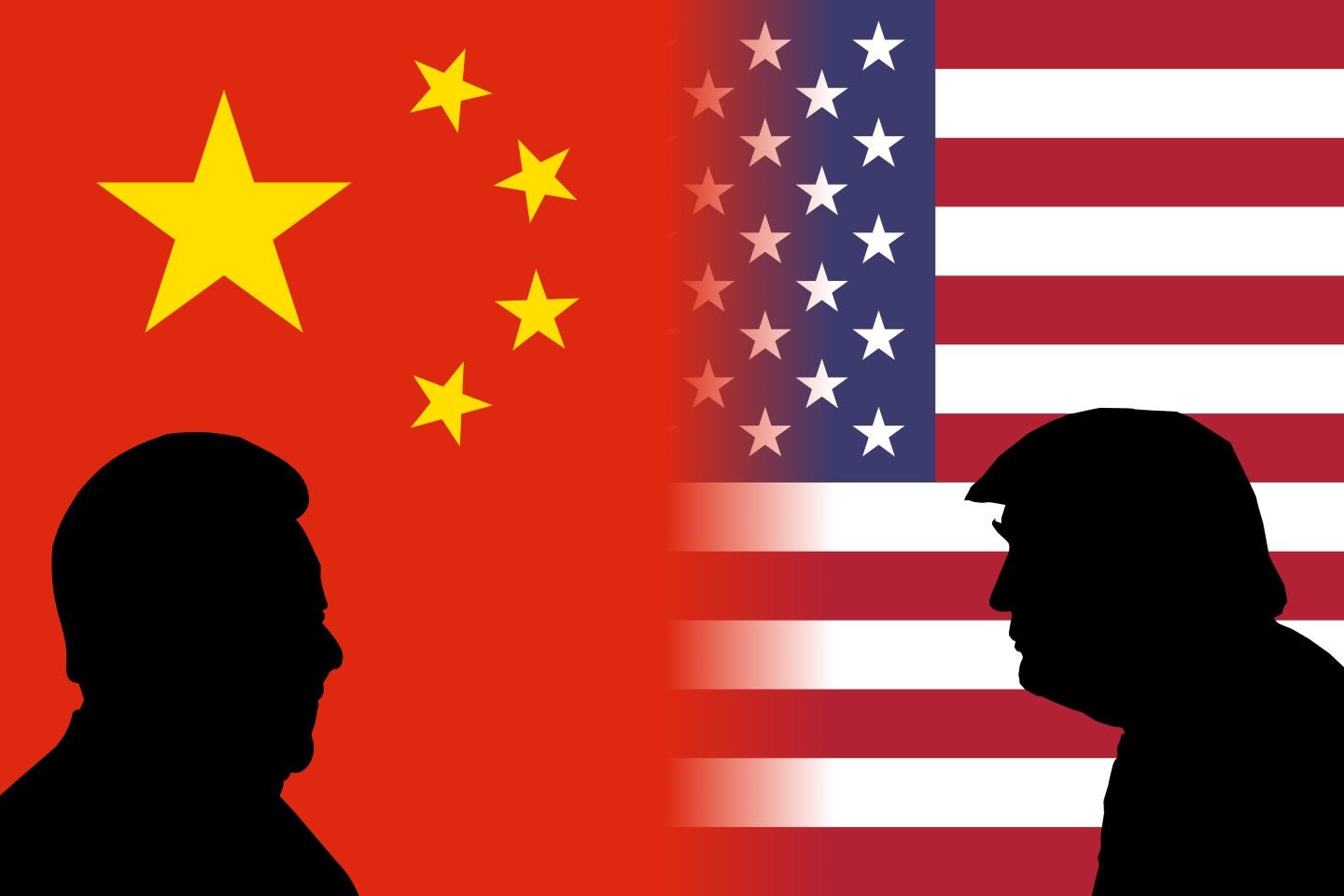On 8 November, China’s National People’s Congress (NPC) concluded with the announcement of a $1.4tn fiscal package for local governments. While initially analysts had a negative reaction, the plan is indicative of Beijing’s strategy for combatting Donald Trump’s potential tariffs. The Economist claims that China has three ‘d’ issues; deflation, demographics, and debt, with the latest announcement tackling the latter. The package aims to reduce the ‘hidden debt’, debt that isn’t publicly declared, accrued by local governments since the pandemic.
The Politburo is attempting to shore up the issues plaguing its economy before Trump announces tariffs, all the while trying to move the economy from an export-dependent one to a consumption-driven one. Onlookers are disappointed in the lack of proper fiscal stimulus, yet Beijing is keeping its cards close until Trump outlines his export policy.
Not really a stimulus
As China is looking to transition from dependence on foreign demand, most expected a large fiscal package from the NPC last week to offset low domestic consumption. Yet what came out of the congress was weaker than most expected, with the package solely focused on hidden debt racked up by local governments.
These debts were accrued by local governments when their bets on property and infrastructure went sour due to the slowdown in Chinese real estate three years ago. China will allow local governments to issue bonds over three to five years to restructure their estimated CNY14tn ($1.94tn) in implicit debts. Freeing them from these debts would allow resources to be freed up for development and public welfare improvement, in theory.
The package was the largest fiscal announcement since the Covid-19 pandemic, an event China hasn’t fully recovered from. Chinese minister for finance, Lan Fo’an, and the wider CCP expressed growing concern about the economy’s sluggish performance as it tries to meet its GDP growth goal of 5%. The announcement comes as China is trying to fix the lingering long-term structural problems over the last year, rather than short-term problems. This is likely China’s economic play, to focus on structural issues before both Donald Trump ascends to the White House and China tries to fully transition towards a consumption-based economy.
A lack of a proper fiscal stimulus is what ultimately spooked investors over the weekend, as analysts wanted China to address wider consumption trends. While the inflation rate rose 0.3% year on year, consumer inflation contracted, and producer inflation decreased for the 25th consecutive month. This focus on the inflation rate, especially with Trump’s enormous tariffs on the horizon, resulted in a poor weekend for the yuan renminbi and Chinese stocks. The Hang Seng fell 1.5%, while Chinese firms took a hit. Chinese EV makers Nio and Li Auto declined 5% and 7%, respectively. All this comes as Wall Street closed its best week in a year after the election of Donald Trump.
Tariffs and Beijing’s response
Donald Trump has been vocal about imposing 10%-20% import tariffs, with tariffs on Chinese goods reaching up to 60%. Although such a tariff is considered economically unviable due to its inflationary effect, Donald Trump has often ignored such stigmas. However, a larger issue for China would be the flip-side deflationary effect on the Chinese economy. Tariffs would result in a reduction in Chinese exports to the US, their largest exporting market. Chinese exporters, specifically manufacturers, would suffer greatly. Chinese EV makers, and resulting US EV demand, will take a considerable hit. A large deflationary tariff on Chinese exports couldn’t come at a worse time as the Chinese economy is trying desperately to bolster domestic consumption. This is why the Politburo is being strategic with its finances, sorting out its larger structural issues while keeping a wider fiscal package away until Trump places tariffs.
The timing of the NPC was interesting, as it was pushed back to the end of the US election. In all likelihood, this was to respond to the US election, with Trump winning both chambers in a landslide. This displays the nature of Beijing, as its foreign policy is largely reactionary.
What’s next?
While the markets were critical of Beijing’s policy response to the election, focusing on structural issues will reap considerable benefits. China is the largest centrally controlled economy, with economic decisions not being subject to democratic accountability and term limits like other similar-sized nations. The decision to focus on local governments’ debts allows said local governments to act in their prior capacity, as the ‘traditional executors’ of fiscal stimulus in China.
Ultimately, investors are right in saying that wider fiscal expansion is necessary for China to transition out of its dependence on foreign demand and to alleviate the housing market slump. However, focus on large fiscal stimulus is short-sighted. China has plenty of long-term, structural issues that need fixing. This package is the right way of addressing such issues while keeping wider stimulus in reserve while they wait for the future Trump administration’s foreign policy line.








